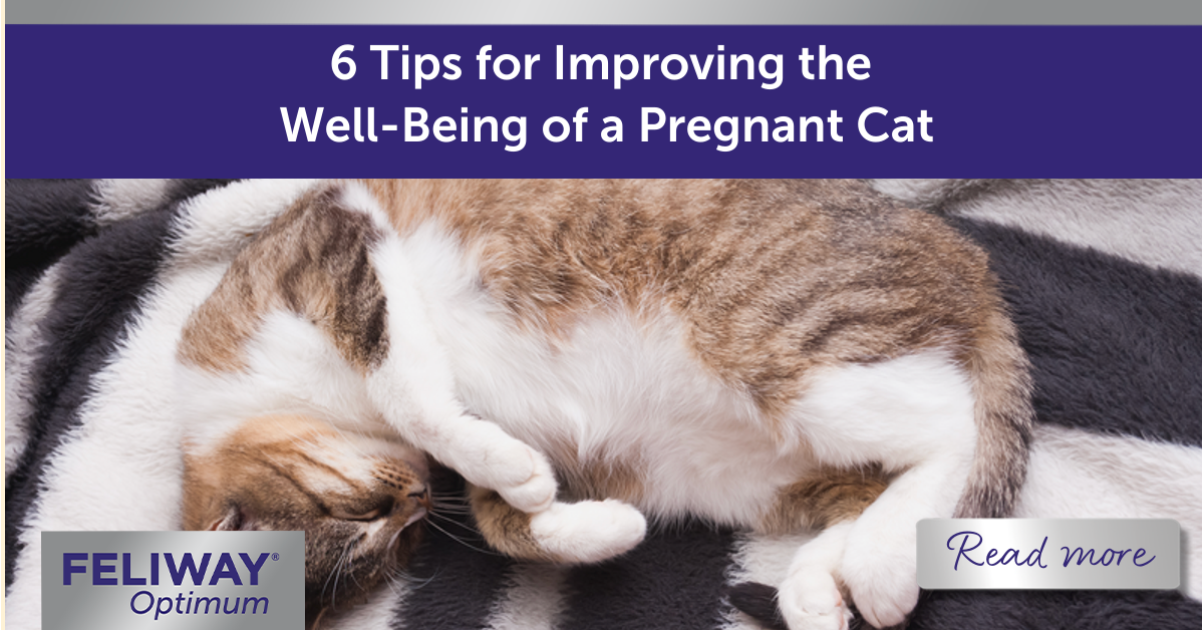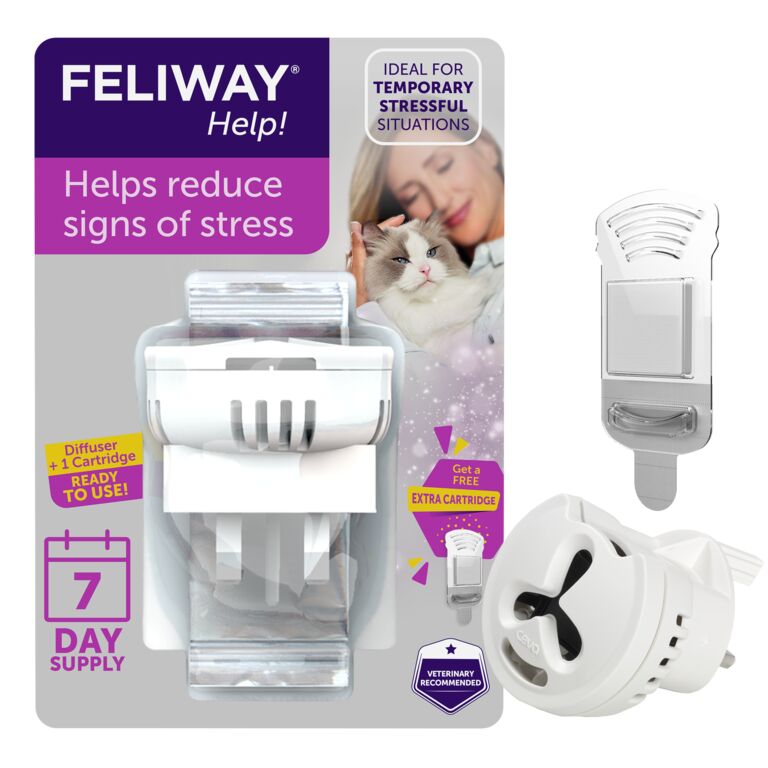
6 Tips for Improving the Well-Being of a Pregnant Cat
A litter of kittens on the way? Congratulations! The arrival of kittens can be an incredibly exciting and emotional time for everyone involved. Before welcoming your kittens into the world, however, you may be thinking about what you can do to help improve your cat’s well-being to help them stay happy while pregnant. So, with that in mind, read on to find a whole host of tips on caring for pregnant cats!
Important Facts to Know
Female cats, often known as “Queens”, will come into heat around every two weeks and can start to breed from four months of age. Therefore, if you don’t plan to have any cuddly kittens running around, it is recommended to get your Queen neutered.
Cats are very prolific breeders and if you have a cat that goes outside over four months of age, she is very likely to become pregnant. However, it isn’t just the females we have to keep an eye on around this age, it’s the males too. Un-neutered male cats will often be on the search for females in their area, picking up on the scents, sounds, and body language of local females that are in season.
The average length of a cat pregnancy is around nine weeks, and each litter can contain an average of four to six kittens. If this is your cat’s first litter, you can expect her to have a smaller litter due to it being her first time. There has been a cat known to have 19 kittens in one litter! But don’t worry, this isn’t the norm.
How To Spot Cat Pregnancy
The most telling way to spot if your cat is pregnant is the changes in her body. Her nipples will become darker, and her belly will swell. Much like humans, pregnant cats can also experience nausea and then later an increase in appetite. You may also notice changes in your cat’s behaviour. She may start acting more ‘maternal’, seeking more attention from you and purring more.
If you notice any change in your cat’s behaviour, we recommend visiting your vet to rule out any other medical reason why they may be behaving differently than normal. It may be that your cat is pregnant, or there may be another reason. It’s always best to get a professional’s advice! Your vet will also be able to give you guidance on preventative healthcare needed for your pregnant cat, as well as appropriate diets for her kittens, and how to feed them.
You may also notice that your cat becomes unsettled and restless as labour approaches. During this time, we recommend researching how to calm your cat down to help her remain calm before the birth. This can be as simple as creating a kitty safe zone in your home where your Queen will feel as comfortable and relaxed as possible.

How To Improve Your Cat’s Well-being During Pregnancy
1. The first thing to remember is to try and handle your cat with care during her pregnancy. It is safe to stroke her but she will most likely be more sensitive than usual so try to avoid touching her belly or picking her up.

5. If your cat usually has outside access, it could cause her stress to keep her indoors. We know you mean well and want to keep her and the kittens safe so we recommend keeping an eye on your Queen when she’s outside, and checking that she’s unharmed when she is back inside. For the last couple of weeks of her pregnancy, however, it is better to keep her indoors with the resources and nesting area ready just in case!

When it comes to looking out for your pregnant cat’s well-being, just remember that your job is to make them feel safe and loved. Pregnant cats are generally capable of handling labour themselves, but you can help by making sure she is comfortable when the time comes. You should also be ready to help her if needed. If you have any concerns, make sure that you contact your vet.
If you would like to know more about how to improve the well-being of your cat, please get in touch. You can also stay up to date with all our latest updates by signing up to our newsletter.




































